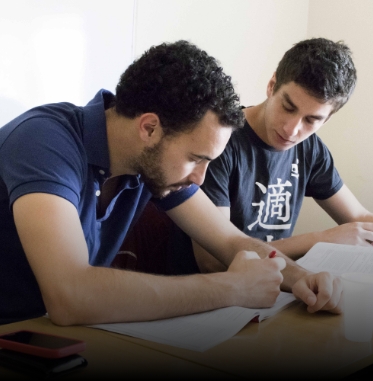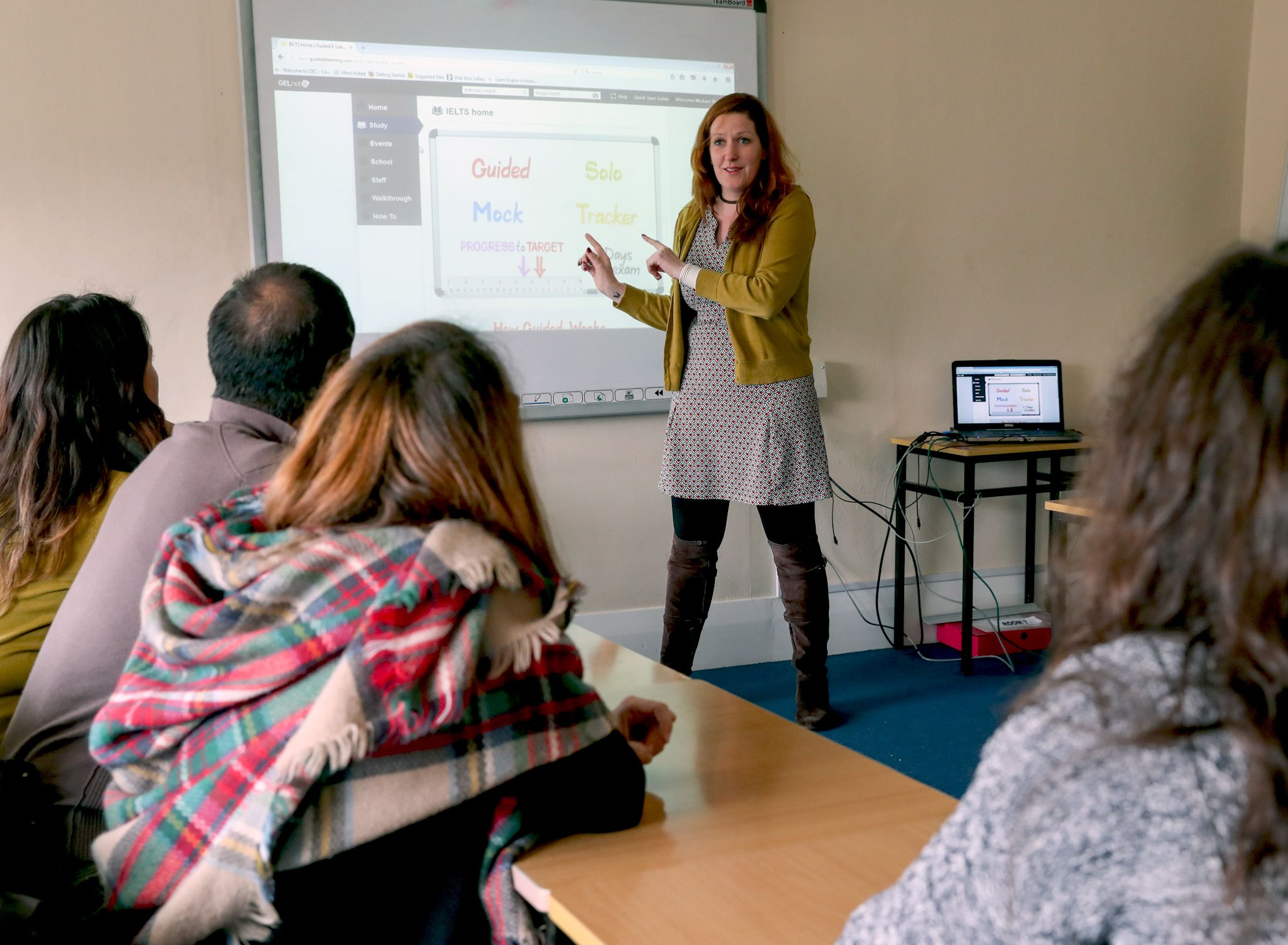Tips to prepare for the IELTS exam
Hi all, we are back with another post for you this week, today we are foucsing on IELTS exam tips and best practices since we have had IELTS exams in the college this week. This post was written by one of our senior teachers Raleen who helps students prepare for the IELTS exam here in the college. Now, on to the tips!

Know the test procedure and format inside and out
Familiarise yourself with the test format and the timing of each part of the speaking and writing tests. Know what kinds of questions are asked in each part of the paper. Once you are familiar with the format, speak regularly with a partner and practise writing answers for the various types of writing questions.
Record yourself
The speaking test is recorded, so why not practise recording your answers so you will get
used to it? You can play it later to correct your mistakes and monitor your progress. Most smart phones have a recorder. Ask someone to listen to your recorded answer and ask them for general advice or comments on pronunciation, clarity and speed of your speaking, etc.

Practice speaking at length
When you’re in class, give full answers to questions. Expand your answers by following these simple steps.
Practise giving 2–minute presentation-style answers. Make sure your ideas are well-organised and easy to
follow. You can find sample speaking questions and answers by clicking here.
Become familiar with the Speaking and Writing Criteria
Know what is expected of you and use this to guide you. You can find the public version of the IELTS Speaking and Writing Criteria by clicking here, here and here.

Build your language
Slowly but surely! Learn topic-specific vocabulary, collocations, idiomatic
expressions, etc. and learn how to use them correctly. The more specific vocabulary you use, the better!
For example, instead of saying “She is a very good student.” Try “She is a hard-working, motivated and
conscientious student.” You can learn new words from textbooks as well as from authentic media like
newspapers, magazines, online articles, blogs, etc.
Not only does reading improve your reading skills, it also improves your vocabulary and familiarises you with different grammar structures. Record new words and expressions and grammar structures in your notebook, revising and practicing using them regularly.

Be able to use a range of sentence strucures accurately
“If I use a lot of complex structures, will I get better points in grammar?” Yes and No. One of the biggest mistakes students make in writing and speaking is trying to use overly complicated grammar and end up making too many unnecessary mistakes.
The key is using the right structure at the right time. When you have something simple to say, say it simply. Only use complex structures for more complex thoughts. Your writing must be easy to follow and easy to understand.
Be a vicarious reader
Read something new every day and read a variety of texts. Read for pleasure. Our brain generally learns better when it is not under pressure. Start with short texts and increase your reading to longer texts and articles. Don’t translate all unknown words you encounter.
Train yourself to understand through the context. In the real exam, you will not have a dictionary to translate difficult words you encounter. When you do a mock IELTS reading test, time yourself and practise reading quickly.

Listen, listen and listen!
As well as reading for pleasure, it is also important to listen for pleasure. Listen
to the radio and podcasts. Watching films and TV shows is helpful, too. Try listening to something where you cannot see facial expressions or body language – just pure listening! When you do a mock IELTS listening test, pay attention to your mistakes in spelling and with singular and plural.
Concentrate on eliminating them in the future. For listening practice, check out the Ted Talks website.

Practice writing clearly
This will help you prepare for the day of the test. If you’re doing the
paper-based test, download and try writing on the sample IELTS writing answer sheet from the link here.
This will give you an idea what a 250-word essay will look like on the real writing answer sheet, so on the
day of your test, you will not have to spend much time doing a word count.
Study model answers
Read as many model answers as you can. Compare them with your own writing and learn how your writing can be improved in terms of structure, vocabulary, grammar and even ideas! Ample model answers can be found by clicking here.
That’s all for us this week, if you found these tips helpful and would like to take or study for an IELTS exam with us, feel free to reach out to us at info@corkenglishcollege.ie
Best of luck to anyone taking their IELTS exams soon!
